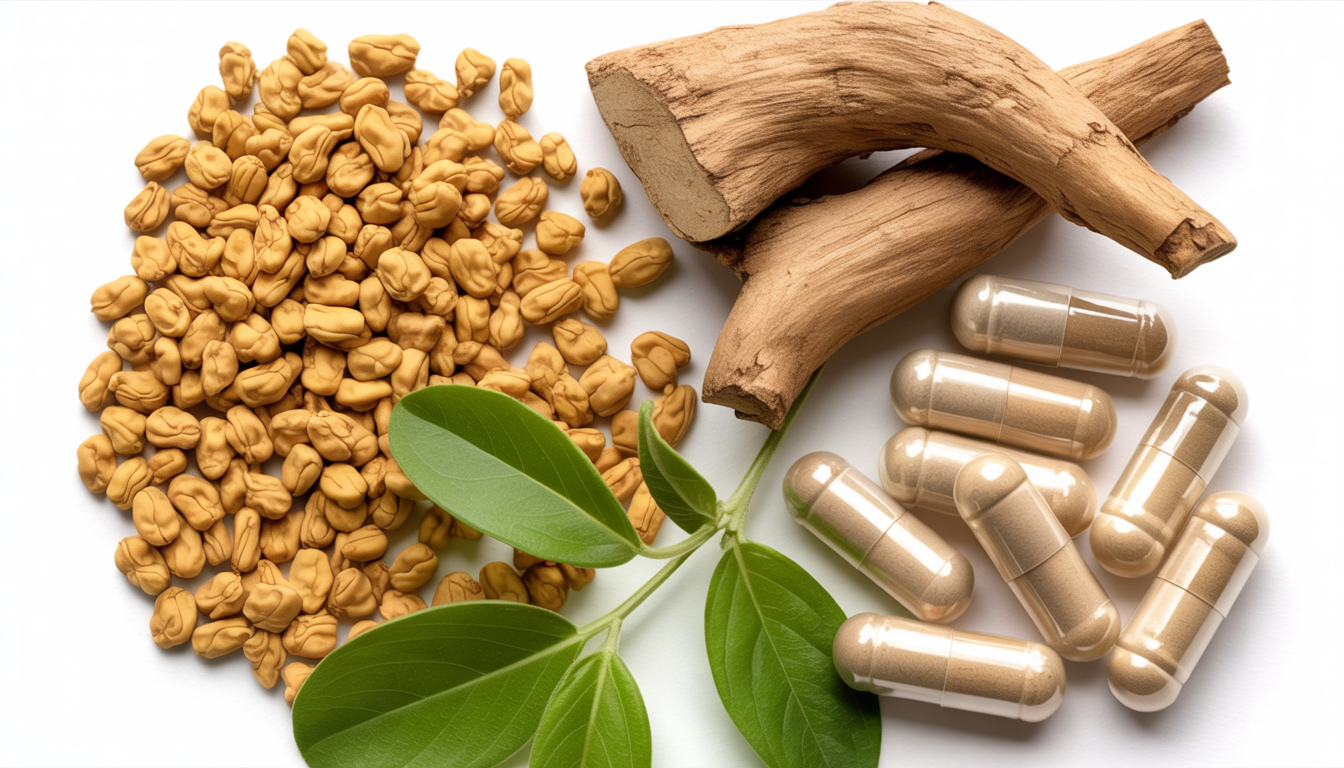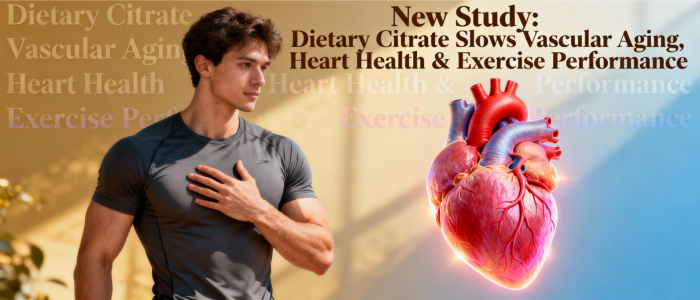


Taurine in Energy Drinks: Heart Risks and Side Effects
BREAKING NEWS:
By Steve Blechman
Recently reported at the 2018 Annual American Heart Association's meeting and Scientific Sessions, "young, healthy adults experienced notably diminished blood vessel function soon after consuming one energy drink, according to preliminary research from a small study to be presented in Chicago at the American Heart Association's Scientific Sessions 2018." The presentation was made at 1:00 p.m. CST (Central Standard Time) on Monday, November 12, 2018.
The article further stated, "John Higgins, M.D., M.B.A., of McGovern Medical School at UTHealth in Houston and colleagues studied 44 non-smoking, healthy medical students in their 20s by testing their endothelial function before each of the students drank a 24-ounce energy drink. Researchers repeated endothelial function testing 90 minutes later.
"One and a half hours after consuming the energy drink, researchers checked the young adults' artery flow-mediated dilation - an ultrasound measurement that indicates overall blood vessel health. They found vessel dilation was on average 5.1 percent in diameter before the energy drink and fell to 2.8 percent diameter after, suggesting acute impairment in vascular function.
"Higgins and colleagues believe that the negative effect may be related to the combination of ingredients in the energy drink, such as caffeine, taurine, sugar and other herbals on the endothelium (lining of the blood vessels). This highlights the potential cardiovascular risks associated with taurine in energy drinks, emphasizing the importance of understanding taurine side effects."
Research has shown that the amino acid taurine can have adverse effects on cardiovascular health when combined with caffeine. Last year a study published on April 26, 2017 in the Journal of the American Heart Association found that energy drinks containing taurine and caffeine had a negative effect on the heart compared to caffeine-only beverages. Also, in the study an irregular heart rhythm resulted two hours after consuming an energy drink containing caffeine and taurine, compared to a caffeine-only drink. This randomized, double‐blind, controlled, crossover study tested 18 young, healthy volunteers. There was also a greater increase in blood pressure in caffeine with taurine combination compared to caffeine alone. 400 mg of caffeine, which is equivalent to about 4 cups of coffee, is generally regarded as safe by the U.S. Food and Drug Administration (FDA). Other studies have also shown that taurine can have adverse effects when combined with caffeine, contributing to energy drink side effects. (Pharmacotherapy, February 2012; 46(2):192-9, Amino Acids 2001; 20(1):75-82, Int J Cardiovasc Imaging 2015 Mar; 31(3):595-601).
Energy drinks containing taurine may also be of concern in people with genetic heart conditions. A randomized, double-blind, crossover study published in the International Journal of Cardiology in March 2017 reported 24 people who had inherited genetic long QT syndrome (LQTS). When supplemented with caffeine combined with taurine, people with this condition have irregular heartbeat (arrhythmia). Twenty-four members of the study consumed either two sugar-free energy drinks containing 100 mg of caffeine and 2000 mg of taurine. The controlled drink consisted of juice, free of any caffeine or taurine. The subjects in the study were not aware of receiving the energy drink or the control drink. The results demonstrated that the participants consuming an energy drink containing caffeine combined with taurine experienced a significant increase in blood pressure compared to the group that consumed the control drink. The potential cardiovascular risk of energy drinks and heart problems due to caffeine and taurine is concerning, highlighting the negative effects of energy drinks on cardiovascular health!
Energy drinks have become a billion-dollar industry. Obviously, the main component of energy drinks is caffeine, with some being more potent than others. However, manufacturers add taurine to their drinks to "boost" their energizing effects without scientific merit, potentially leading to taurine side effects and raising concerns about energy drinks and blood pressure!
One of the most popular additives to energy drinks is the amino acid taurine. Taurine is an antioxidant. Research has shown that antioxidant supplements such as vitamin C and E have negative effects on exercise-induced adaptation processes (BMC Sports Sci Med & Rehab, July, 2014). It also has been reported in the scientific literature that taurine may also inhibit nitric oxide, contributing to the negative effects of energy drinks (JAMA Network - Archives of Surg, 1996, The Journal of Immun, May, 1995).
An animal study evaluated the muscle ergogenic effects of caffeine alone or in combination with taurine and found no beneficial effect to adding taurine. Two human, placebo-controlled studies evaluated the effects of using caffeine, taurine or a combination of the two on attention/"energy." One double-blind, placebo-controlled study compared 80 mg of caffeine with or without 1 gram of taurine and found that co-administration of taurine attenuated the facilitative effects of caffeine. Another study compared 200 mg of caffeine with or without 2 grams of taurine, and further showed that taurine inhibited feelings of vigor normally resulting from caffeine alone. Not only may combination of taurine with caffeine hurt blood vessel functioning, it may also have a detrimental effect on the performance benefits of your precious caffeine, and your energy drink or your pre-workout supplements.
References:
American Heart Association Meeting News Brief - Poster Presentation Mo1189 - Session: AT.APS.16 https://newsroom.heart.org/news/just-one-energy-drink-may-hurt-blood-vessel-function?preview=0312 November 12, 2018.
American College of Cardiology, CardioSmart, Non-caffeine Ingredients in Energy Drinks Linked to Negative Heart Effects https://www.cardiosmart.org/News-and-Events/2017/06/Non-caffeine-Ingredients-in-Energy-Drinks-Linked-to-Negative-Heart-Effects June 06, 2017.
Randomized Controlled Trial of High‐Volume Energy Drink Versus Caffeine Consumption on ECG and Hemodynamic Parameters. Emily A, Fletcher, PharmD, et al. https://www.ahajournals.org/doi/abs/10.1161/JAHA.116.004448
Jeffries O, Hill J, et al. Energy Drink Doses Of Caffeine And Taurine Have A Null Or Negative Effect On Sprint Performance. The Journal of Strength & Conditioning Research 2017.
Bichler A, Swenson A and Harris MA. A combination of caffeine and taurine has no effect on short term memory but induces changes in heart rate and mean arterial blood pressure. Amino Acids 2006, 31(4), 471-476. https://doi.org/10.1007/s00726-005-0302-x.
Giles GE, Mahoney CR, et al. Differential cognitive effects of energy drink ingredients: caffeine, taurine, and glucose. Pharmacology, Biochemistry, and Behavior 2012, 102(4), 569-577. https://doi.org/10.1016/j.pbb.2012.07.004.
Peacock A, Martin FH and Carr A. Energy drink ingredients. Contribution of caffeine and taurine to performance outcomes. Appetite. 2013;64:1-4.
Effects of energy drink major bioactive compounds on the performance of young adults in fitness and cognitive tests: a randomized controlled trial. Maximiliano Kammerer. Email author, Jaime A Jaramillo, Adriana García, Juan C Calderín and Luis H Valbuena. Journal International Society Sports Nutrition 11:44, 2014.
Wassef B, Kohansieh M and Makaryus AN. Effects of energy drinks on the cardiovascular system. World Journal of Cardiology 2017; 9(11), 796-806.
Comparison of the effects of energy drink versus caffeine supplementation on indices of 24-hour ambulatory blood pressure. Franks AM, Schmidt JM, et al. Ann Pharmacother 2012 Feb; 46(2):192-9.
The influence of a taurine containing drink on cardiac parameters before and after exercise measured by echocardiography. Baum M, Weiss M. Amino Acids 2001; 20(1):75-82.
Caffeine and taurine containing energy drink increases left ventricular contractility in healthy volunteers. Doerner JM, Kuetting DL, et al. Int J Cardiovasc Imaging 2015 Mar; 31(3):595-601.
Cardiovascular Effects of Energy Drinks in Familial Long QT Syndrome: A Randomized Crossover Study. Gray, Belinda et al. International Journal of Cardiology, Volume 231, 150-154.
Journal International Society Sports Nutrition 11:44, 2014
Paulsen G, Cumming KT, et al. Can supplementation with vitamin C and E alter physiological adaptations to strength training? BMC Sports Science, Medicine & Rehabilitation, July, 2014; 6, 28. doi:10.1186/2052-1847-6-28.
Redmond HPWang, JHBouchier-Hayes D. Taurine attenuates nitric oxide- and reactive oxygen intermediate-dependent hepatocyte injury. Arch Surg 1996;1311280-1288.
Taurine chloramine inhibits production of nitric oxide and TNF-alpha in activated RAW 264.7 cells by mechanisms that involve transcriptional and translational events. E Park, G Schuller-Levis, M R Quinn. The Journal of Immunology May 1, 1995, 154 (9) 4778-4784.






